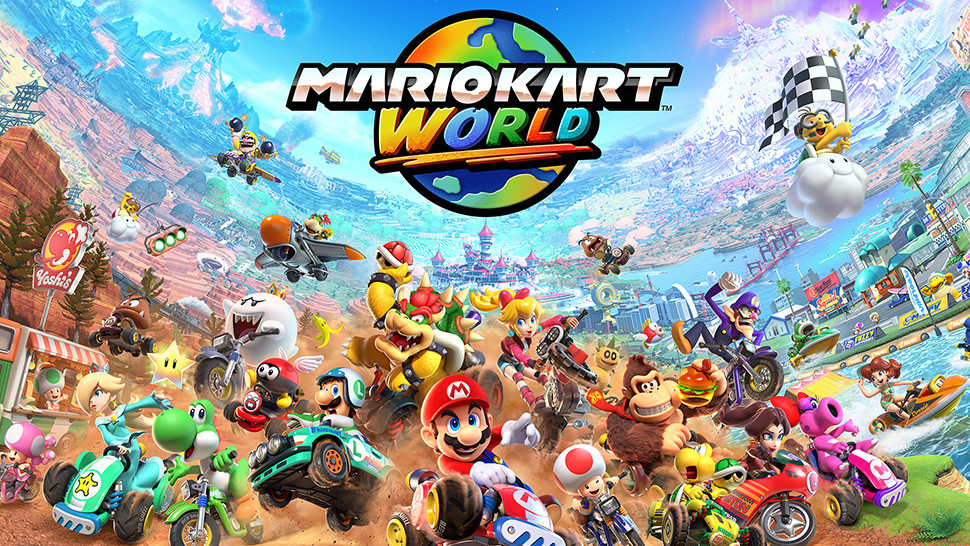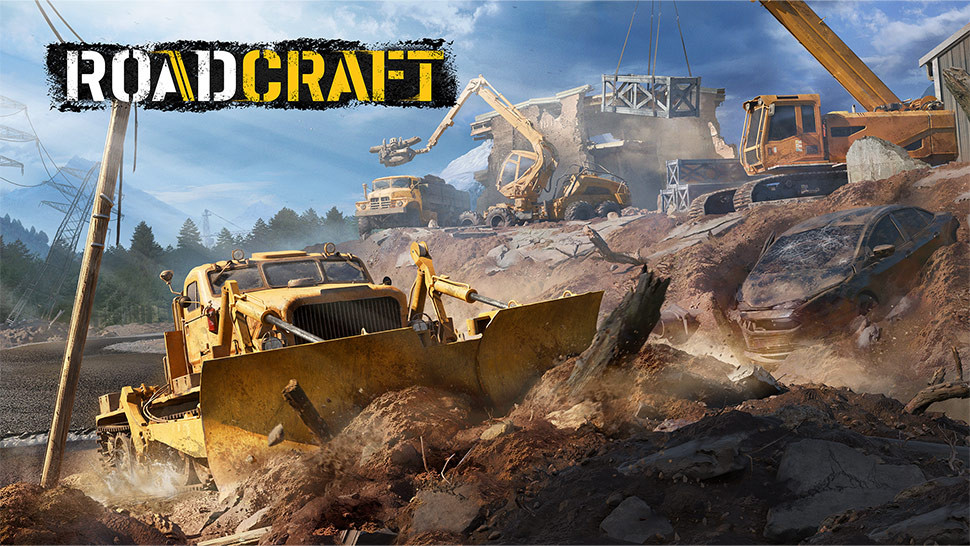Moonlighter Review

 By Kevin Mitchell | May 28, 2018
By Kevin Mitchell | May 28, 2018
A unique dungeon crawler, Moonlighter strives to tell the tale of a shopkeeper with the ambition to be more than just a simple merchant. A once thriving and bustling town of Rynoka was founded near the entrance to a set of gates that promised would-be adventurers and heroes untold treasures and glory. When too many adventurers didn't return, the town was forced to close all but one of the gates, and along with it, the town was all but abandoned. However, Will, an ambitious shopkeeper, dreams of becoming a hero, so while he runs the family shop during the day, he moonlights as an adventurer.
Day and night are experienced completely differently in Moonlighter, as daytime has you focusing on running a business and performing tasks around town, but as the sun sets, you grab your sword and head into the randomly generated dungeons. You'll need to sell items looted from treasure chests and fallen creatures in your shop during the day. Running a successful shop means you can make your dungeon crawling experience easier by purchasing upgraded equipment and weapons. However, if you fall in battle in one of the dungeon floors, you lose any items stored in your backpack, retaining only the loot stuffed into your pockets. In terms of actual space, that equates to keeping five different things while losing 20 or more items (items can stack). Most of the time, death is a learning experience, but one element tied to the combat mechanics irks me, primarily since it has led to quite a few unfair deaths.
When attacking, you'll lunge forward enough that you'll eventually be directly on top of enemies, taking damage in the process. For this reason, you are unable to mash the attack button repeatedly and instead must balance the need to dish out damage while remaining unscathed. There are different types of weapons you can use to defend yourself, such as a sword and shield, big two-handed swords, bows, and even a broom. The sword and shield combination requires you to get very close to your foes to attack, and the shield can only deflect a limited amount of attacks before becoming useless. You can quickly swap between two different weapon types, giving you the advantage depending on what horrors lurk in the ensuing rooms. Luckily, you may come across health pools that regenerate your health if you are short on healing potions.
If the room you are currently in has a treasure chest, you must defeat all the enemies first to remove the lock. In fact, many places will lock you inside until you beat all the enemies, including trapped rooms that barely provide enough room to move around. It is surely not ideal for combat; however, you are quite mobile for a simple merchant with dreams of being a legitimate adventurer. Rolling is pivotal, not only to avoid enemy attacks but to navigate the dungeons by avoiding falling to your death. Not only can you roll back to provide some space between you and your foe, but you can roll through them to expose a weakness. For example, the first dungeon has a wand-wielding golem with an impenetrable shield always facing directly forward. To overcome it, you need to roll through it and attack its exposed rear promptly.
While you can find specific materials from defeating enemies, all of which include unique loot found only in that particular dungeon, most of the items you'll collect come from treasure chests. Moonlighter allows you to quickly and painlessly transfer all items with a single button press, but you must be careful of items having unique traits attached to them. A broken sword may destroy an object to the right side of it, while an ancient pot may destroy an item to its north-west, but only when you return to town. I've even seen items that will instantly teleport other objects in your possession to the safety of your shop. If you find yourself unable to complete each of the dungeon floors and defeat the boss, you can use a catalyst or pendant to warp back to the town. While the latter is only a one-way trip, the former allows you to return to the dungeon, although all rooms will be populated with enemies once again. Using each one costs a set amount of gold, with the catalyst requiring about five times more gold than using the pendant. I'd recommend using pendants when you are just focusing on replenishing your supplies, and using a catalyst if you are attempting to complete the dungeon. Whichever way you decide to play, if you don't have enough gold, you can use the mirror to discard any item in your possession, gaining gold in the process.
The first shop in Moonlighter is quite small, especially with the town of Rynoka falling on hard times with the many deaths of visiting heroes, and because of this, you only have four slots to sell your wares. However, as you sell more and more items, you can spend your gold on shop upgrades, adding more spots to sell things and unique advancements. For example, the level two shop can add a new quest for merchants and doubles the amount of items you can sell at any given moment. Regardless of the shop level you reach, you can purchase four different upgrade types, each with three variations, such as a discount sale rack, useful for quickly selling unpopular items. A shiny new cash register entices customers to leave a bigger tip, while a bed upgrade grants special temporary boosts. The storage chest upgrades are straightforward enough, merely increasing your overall storage capacity.
The town relies on you to help bring it back from the ghost town it had become. Some of the first things you should accomplish with your earned gold are to hire other merchants. This grants you the ability to craft new weapons, armor pieces, potions, and enchantments. Gold isn't the only requirement; you'll need to collect specific items to complete the recipes. This means you'll be juggling between selling items to earn enough gold and keeping particular pieces to improve your own character.
Moonlighter doesn't present you with pricing for any of the random bits of junk, faded manuscripts, pieces of metal, and chunks from defeated enemies. Instead, you set a price and judge based on customer facial feedback their happiness with the amount. Rates can be adjusted, and the popularity of an item on a given day also plays into account. As you might expect in a real-life market, when demand is high, customers are more willing to pay a higher price for an item, but if interest in an article fades or if you sell it too often, the price will plummet. Keep a watchful eye on your potential customers, as you'll come across shady individuals that attempt to steal your merchandise.
Simply Put
The two very different gameplay elements in Moonlighter complement each other beautifully. Running a successful shop means you need to become a top-notch hero and collect enough items to sell. Becoming a trustworthy hero requires you to be a prosperous shopkeeper to earn enough gold to craft new things and to enchant your gear. While I do have some issues with the combat, namely how you lunge forward with each attack, I thoroughly enjoyed the boss encounters tied to each of the game's dungeons.
Note: Moonlighter was reviewed on Xbox One. A digital copy of the game was provided by the publisher/developer.




